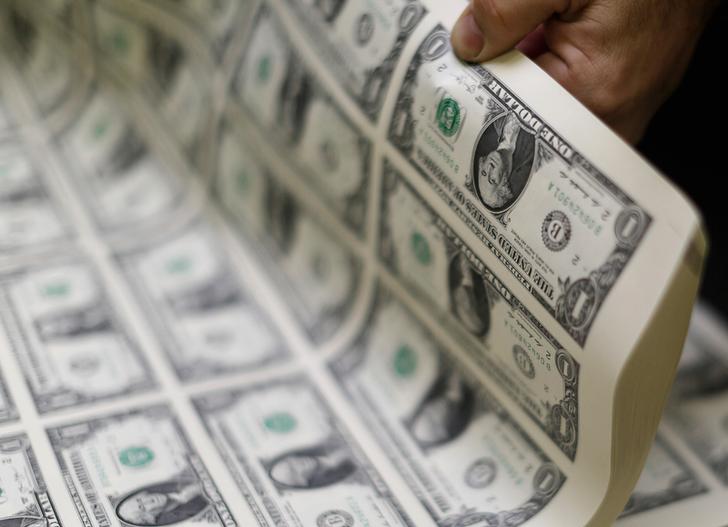Egypt growth in past FY hits 4.2 percent, but major investments needed

By Hend Kortam
CAIRO, Dec. 5 (Aswat Masriya) - Egypt's economy grew by 4.2 percent in the fiscal year 2014/2015, which ended last June, nearly double that of the previous year which was 2.2 percent, the planning minister said on Saturday.
According to state news agency MENA, Minister Ashraf al-Araby announced in a press conference that the growth in Gross Domestic Product (GDP) in the last quarter of FY 2014/2015 which includes April, May and June, was 4.5 percent, higher than the 3.8 percent in the same quarter last year.
He said the government is eyeing GDP growth of between 5 and 5.5 percent in the current fiscal year which ends at the end of next June. On a longer term, Egypt hopes the average growth will have reached 6 percent by FY 2018/2019.
The minister's statements come on the same day as Prime Minister Sherif Ismail's, who said that Egypt has and continues to face significant "economic problems" and major investments need to be pumped in the infrastructure.
The minister acknowledged that the target will be a "not be easy" to reach and will require effort to improve the investment climate.
But still, the state's projections are far more ambitious than what the world's biggest financial institutions expect for Egypt.
The International Monetary Fund expects Egypt's real GDP growth in the ongoing fiscal year to be 4.3 percent, not much different from last year's, while the World Bank forecasts growth of 4.5 percent this fiscal year and 4.8 percent in the year after, FY 2016/2017.
Years of political turmoil have taken a toll on Egypt’s economy, halving the state’s foreign reserves and discouraging tourists from visiting and bringing their much needed hard currency inflows. In the Sinai desert, Egypt has been battling an insurgency for over two years.
Araby said Egypt has not yet reached its target because of challenges inside and outside the country but added that economic improvement was achieved as a result of reforms adopted recently and stimulus plans.
One of the earliest decisions President Abdel Fattah al-Sisi took after taking office was aimed at reducing spending, by reducing petroleum subsidies and introducing new taxes in July 2014, which hiked fuel prices by up to 78 percent.
This was part of a government reform plan that aims to eventually lift fuel subsidies completely in the coming few years.









facebook comments